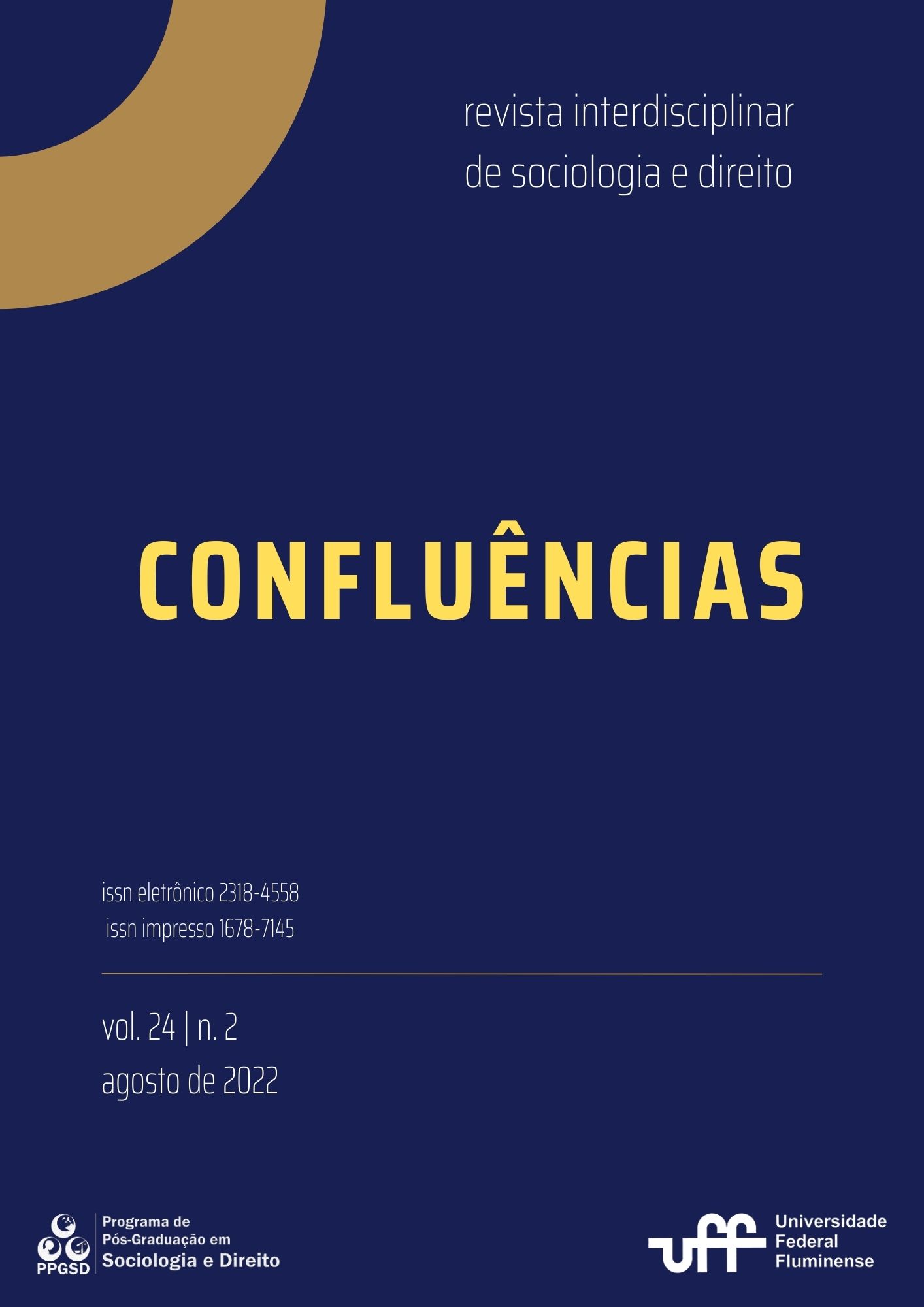POLICE LETHALITY IN BRAZIL
A review of the academic literature (2000-2020)
DOI:
https://doi.org/10.22409/conflu.v24i2.49765Abstract
The increasing lethality of police activity in Brazil in the last twenty years has become a recurrent theme of academic research. This theme involves broad discussions on the reform of the public security system, the performance of control agencies, the genocide of the black population, the professionalization of police activity. In view of this finding, this study analyzed the scientific production on police lethality in Brazil since the 2000s. Through the descriptor police lethality 21 articles published in scientific journals were selected from the Capes Periódicos database. Of these, 14 articles deal with empirical research on police lethality, public security policies, control bodies and accountability mechanisms. Seven of them are essays that address the history of state violence, reflections on the racial issue, human rights violations, problems of the justice system in guaranteeing fundamental rights, and a survey of the national research agenda. The diversity the journals in which the articles were published, covering the areas of collective health, law, sociology and public management, indicates the interdisciplinary character of the discussion on lethality in Brazil. Mostly from case studies on São Paulo, Rio de Janeiro and/or Minas Gerais some studies highlighted the factors that allow legitimizing or questioning the legality of police action, as well as the types of accountability that control agencies exercise; others question the limits of the control of police lethality. On the other hand, a number of studies highlight the issue of the social construction of the enemy to elucidate the pattern of police activity.
Downloads
Downloads
Published
How to Cite
Issue
Section
License
Copyright (c) 2022 José Luiz Cavalcanti Pedrosa Júnior, Lorena Monteiro

This work is licensed under a Creative Commons Attribution-NonCommercial 4.0 International License.







